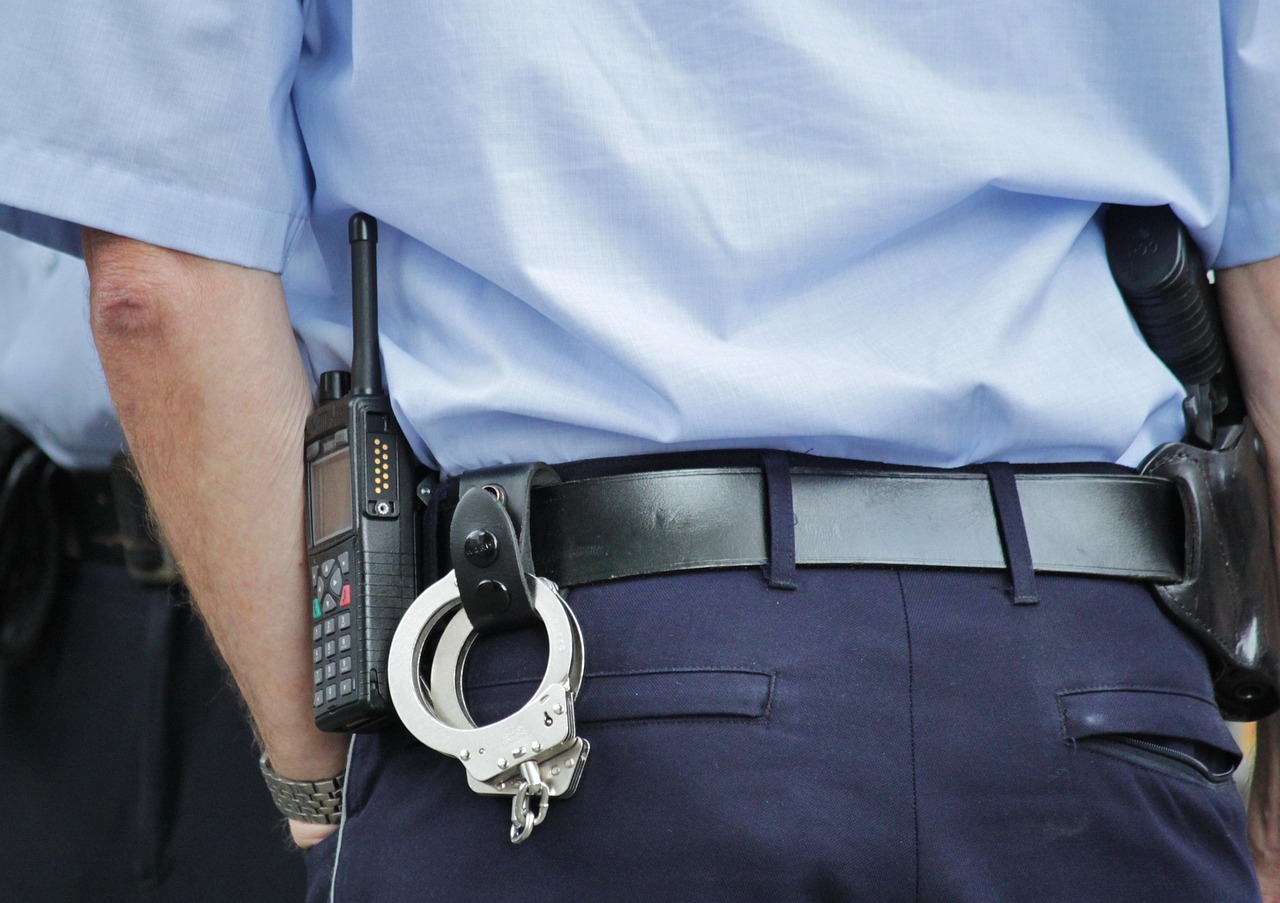No One Above the Law: Supreme Court Upholds FIR Registration Against CBI Officers Despite Internal Clearance

Introduction
The Supreme Court in Vinod Kumar Pandey & Anr. v. Sheesh Ram Saini & Ors. (2025) upheld the registration of an FIR against senior CBI officers accused of abuse of authority, despite their claim of internal exoneration. The judgment hihglights that no public servant is immune from criminal investigation when allegations disclose a cognizable offence.
The case traces its origins to two petitions filed in 2001 under Article 226 of the Constitution and Section 482 of the erstwhile CrPC (now Section 532 of the BNSS, 2023), seeking registration of an FIR against CBI officials for offences including criminal intimidation, wrongful confinement, and falsification of records. The Delhi High Court, in 2006, directed the Delhi Police to investigate the matter. The officers’ Letters Patent Appeals were dismissed in 2019, leading to the present Supreme Court challenge in 2025, which culminated in a crucial pronouncement on the scope of judicial directions for FIR registration, the limits of preliminary enquiry, and the necessity of sanction for prosecution.
Key Issues Before the Court
The Supreme Court examined several complex legal questions:
- Whether the High Court erred in directing registration of an FIR where the complaints did not prima facie disclose a cognizable offence.
- Whether the CBI’s preliminary enquiry report which found no offence, barred the High Court from ordering registration.
- Whether the High Court’s direction to entrust the probe to the Special Cell of Delhi Police was legally justified.
- Whether the delay of nearly two decades in challenging the order warranted denial of relief.
- Whether prior sanction under Section 218 BNSS (previously Section 197 CrPC) was required for prosecution of CBI officers for alleged misuse of power.
Arguments by the Appellants
Counsel for the officers argued that:
- The complaints did not disclose any cognizable offence and were barred by limitation under the Delhi Police Act, Section 140.
- Any act complained of was done in the discharge of official duty, requiring prior sanction under Section 218 BNSS.
- The CBI’s internal preliminary enquiry had already concluded that no offence was made out, which, according to them, should have been final.
- The Special Cell, primarily meant for anti-terror operations, was an inappropriate agency to conduct the probe.
- The long delay in approaching the Supreme Court was due to the pendency of Letters Patent Appeals, constituting a bona fide cause.
Arguments by the Respondents
The complainants and the State contended that:
- The High Court had rightly directed the registration of an FIR since the allegations reflected a prima facie misuse of power by law enforcement officers.
- The CBI’s internal report was not binding on the judiciary and could not override judicial determination.
- The alleged illegal seizure of documents without a proper seizure memo, intimidation of witnesses, and post-facto fabrication of records clearly disclosed offences under the Indian Penal Code.
- The principle of public accountability demanded that CBI officers face investigation like any other citizen.
- The delay caused by appellate proceedings could not be a ground to quash legitimate criminal complaints.
Supreme Court’s Judgment
Delivering the judgment, Justice Pankaj Mithal (with Justice Prasanna B. Varale concurring) held that the High Court’s direction to register an FIR was legally sound, even though the internal CBI inquiry had found no offence.
The Court clarified that a preliminary enquiry cannot substitute the statutory mandate of FIR registration where allegations disclose cognizable offences relying on the principle in Pradeep Nirankarnath Sharma v. State of Gujarat.
However, the Court modified the High Court’s order to ensure procedural fairness:
- The investigation shall be conducted by the Delhi Police, not its Special Cell, as the latter primarily handles terrorism-related cases.
- The investigation shall be supervised by an officer of or above the rank of Assistant Commissioner of Police (ACP).
- The CBI’s preliminary enquiry report may be considered by the investigating officer, but it is not conclusive.
- The investigation must be completed within three months.
- The appellants shall not be arrested if they cooperate, though custodial interrogation may be permitted if required.
By doing so, the Court struck a careful balance between accountability and procedural fairness.
Legal and Policy Analysis
This decision reinforces a vital judicial tenet: “The rule of law applies equally to all – even those who enforce it.”
- Public Servant Accountability: The Court reaffirmed that public servants are not shielded from criminal law merely because the alleged acts occurred “in the course of duty.” Misuse of authority, intimidation, or falsification of records fall outside the protective ambit of Section 218 BNSS (old Section 197 CrPC).
- Preliminary Enquiry Not a Substitute for FIR: The judgment aligns with precedents such as Lalita Kumari v. Government of Uttar Pradesh (2013), emphasizing that a preliminary enquiry may precede registration only in limited cases, and cannot override judicial scrutiny when serious allegations arise.
- Checks and Balances in Investigations: By transferring the probe to the regular Delhi Police instead of the Special Cell, the Court reinforced that investigations must be proportionate and impartial, avoiding sensationalism while ensuring institutional integrity.
- Timeliness and Judicial Oversight: The Court’s directive to complete the investigation within three months underscores its intent to prevent prolonged harassment while ensuring accountability — a model balancing individual rights with public interest.
Conclusion
The Supreme Court’s decision in Vinod Kumar Pandey & Anr. v. Sheesh Ram Saini & Ors. sends a powerful message: no one, not even a CBI officer, stands above the law.
By upholding FIR registration despite an internal clearance, the Court reaffirmed judicial supremacy, transparency, and the foundational principle of equality before law.
The judgment strengthens public faith in the justice system and delineates the boundaries of official immunity under the Bharatiya Nagarik Suraksha Sanhita, 2023, ensuring that accountability and due process coexist harmoniously in India’s criminal justice framework.
By entering the email address you agree to our Privacy Policy.